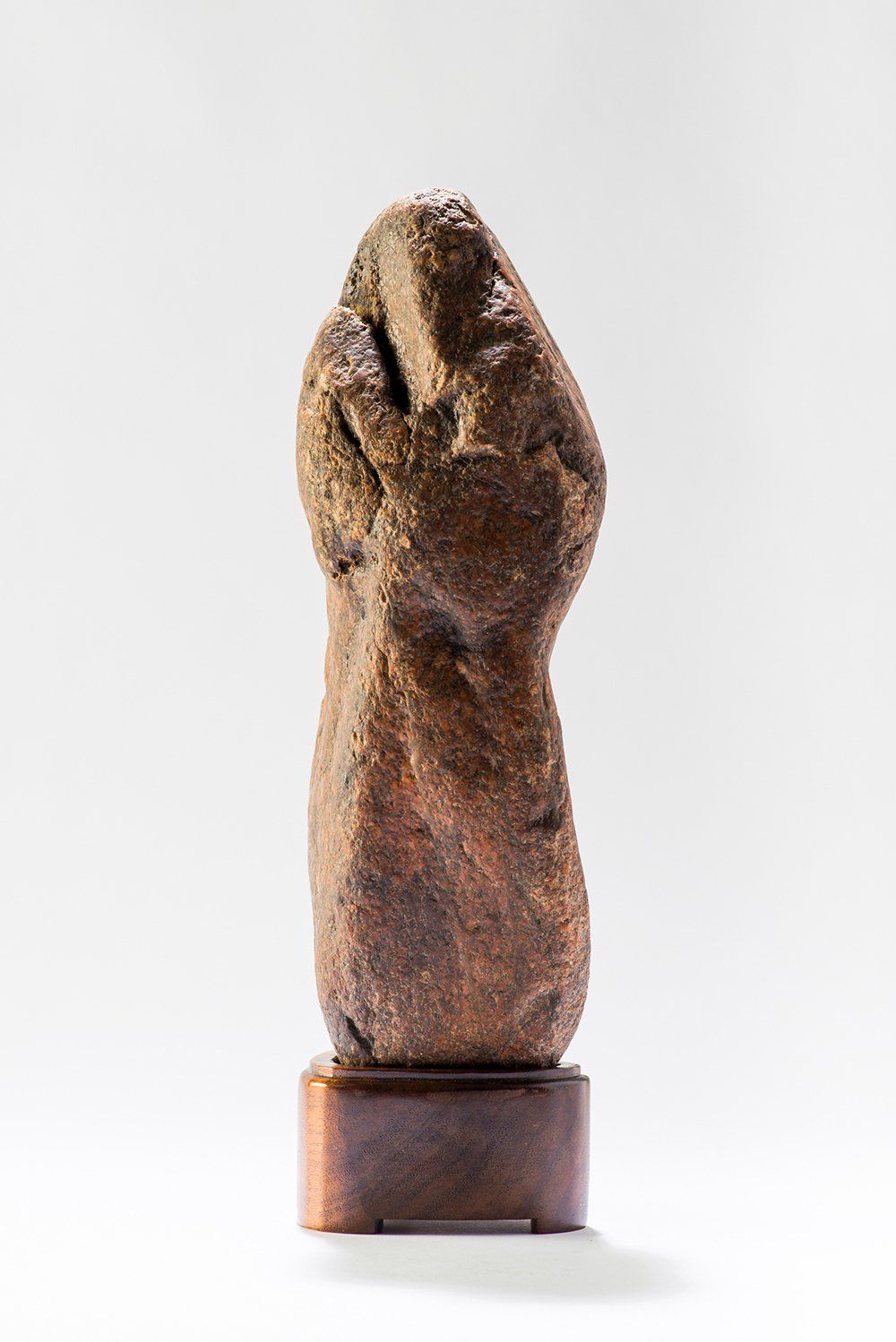

But in September 1964 he broke his leg against Burnley – and on his return, against Liverpool at Anfield the following February, he broke it again that was his last match for the club. He impressed in his first season as Wednesday finished sixth in the table. In October 1963, with 14 goals from 80 games to his credit, he moved to Sheffield Wednesday for a transfer fee of £17,000. But with Quixall at inside-forward and Bobby Charlton on the wing, he was never more than an understudy. He also played in both legs of the European Cup semi-final against AC Milan, which United lost on aggregate.Īfter that, as Busby and United clawed their way back from tragedy, Pearson – known as “Pancho” thanks to his generous sideburns – was ever-dependable. Having sealed victory and made it into the semis, they were due to travel home via Munich, where the plane crashed on take-off.įollowing the Sheffield Wednesday game, Pearson played in the drawn semi-final against Fulham but was omitted for the replay and was only 12th man for the final at Wembley, a defeat to Bolton Wanderers.
UNITE US COLORADO PROFESSIONAL
He signed a professional contract in 1957 and won seven England youth caps, but had yet to play in United’s first team when they went to Yugoslavia to play Red Star Belgrade in the European Cup quarter-finals. United had won the FA Youth Cup in 1953, 19, and Pearson was in the side as they won it again in 19. He was scouted by United and in 1955 he was recruited to what was arguably the best youth set-up ever seen in football. Mark Pearson was born on Octoin the village of Ridgeway, Derbyshire. Their maturity, polish, and skill left one wondering what other magic is hidden away in Old Trafford.” The Times, too, was enthusiastic: “It was the performance of two young men, Cope at centre-half and Pearson at inside-left, that left us rubbing our eyes in astonishment. As the Telegraph’s match reporter Albert Sewell put it, he “dovetailed perfectly with Taylor and his left-wing partner in a debut of unbelievable success”. Wednesday, meanwhile, were fielding five present and future internationals, including Albert Quixall, who would join United a few months later, and Peter Swan and Tony Kay, who would both later be jailed and banned for life for match-fixing.īut for all their quality, the Owls were overwhelmed by the waves of emotion at Old Trafford, and in a 3-0 victory for United Brennan scored twice, including a goal direct from a corner, Alex Dawson adding a third a few minutes from time.įor his part, young Pearson shone. Pearson had been promoted from the “A” team to play at inside-left, along with Shay Brennan, a wing-half (and later full-back) converted to winger for the night. He was in Manchester simply to watch the match, and his boots had to be driven up from Birmingham, arriving at seven o’clock.

Then four hours before kick-off United paid Aston Villa £23,000 for the hard-tackling wing-half Stan Crowther, who had been in the side that had beaten United in the previous season’s FA Cup final. Ernie Taylor – a midfield general and one of the unsung heroes of the 1953 “Matthews final” – had been hurriedly signed from Blackpool.

Harry Gregg, who had saved several lives in Munich, was in goals, along with another survivor, Bill Foulkes, in defence. Some accounts suggest that it was the first time You’ll Never Walk Alone, a song from the musical Carousel, had been sung in an English football ground (other reports claim that it was at United’s following game, against Nottingham Forest). There was a strange atmosphere at Old Trafford before kick-off: it was mostly silent, punctuated by the sounds of weeping and fans shouting the names of those who had died. With the manager Matt Busby in hospital, his assistant Jimmy Murphy – who had been away managing the Wales side so was not on the plane in Germany – was still scrambling to assemble a side on the morning of the game, and when fans opened the matchday programme that evening they saw 11 empty spaces. In the aftermath of the tragedy United, unable to muster a team, had been allowed to delay their FA Cup fifth-round tie against Sheffield Wednesday, which finally took place a fortnight after Munich. Mark Pearson, who has died aged 83, was a footballer who helped Manchester United recover from the 1958 Munich air crash that killed 23 people, including eight of the Busby Babes.


 0 kommentar(er)
0 kommentar(er)
